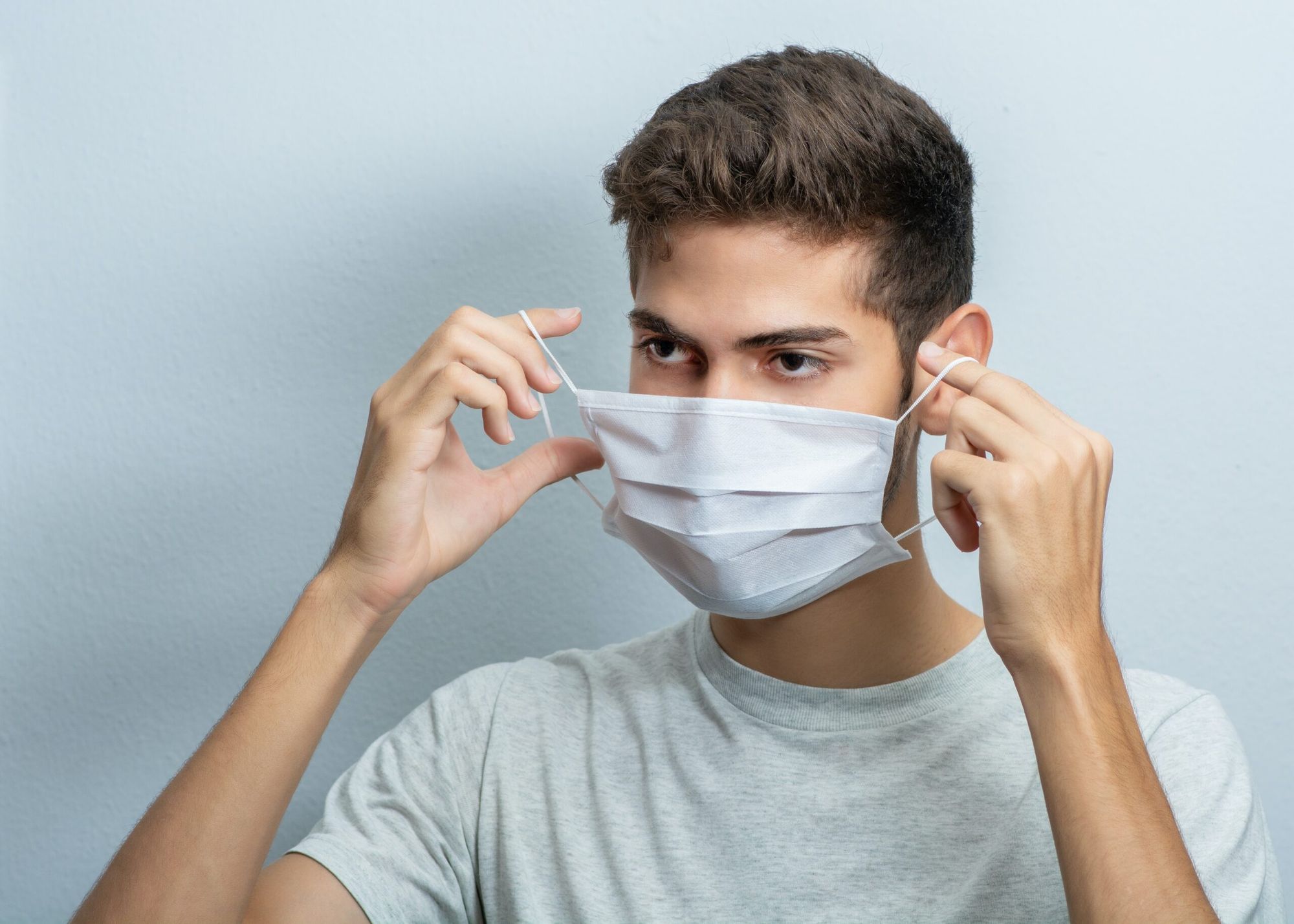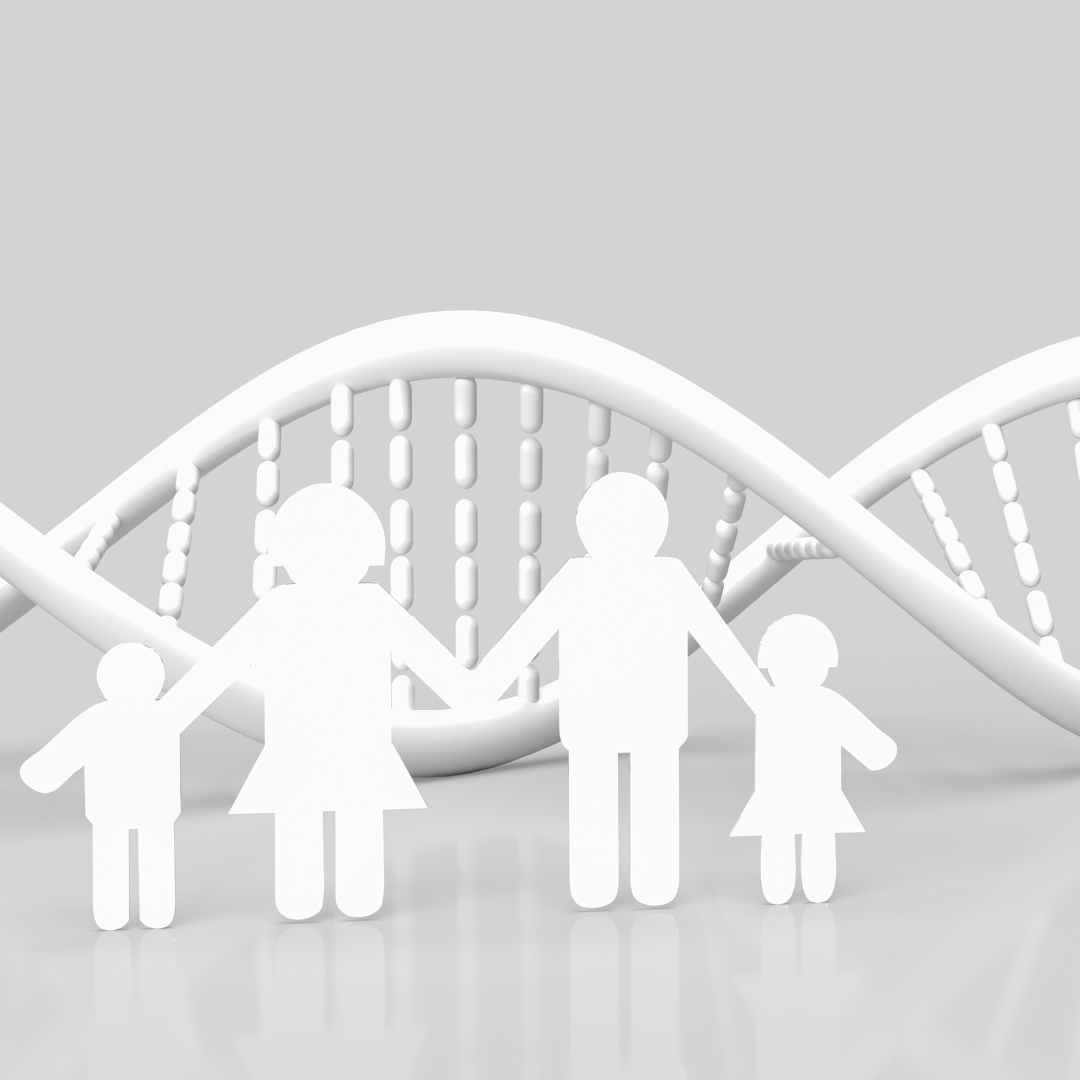
Since the onset of the COVID-19 pandemic, face masks have morphed from hospital essentials for medical front liners into a daily staple for average citizens. Disposable masks were mass-produced throughout the pandemic, some people using multiple disposable masks per day. Reusable masks, on the other hand, have become some type of fashion accessory, and many people have purchased dozens of different reusable masks throughout the pandemic. Today, many countries such as those in Southeast Asia, East Asia, Africa, Europe, and parts of North and South America that are yet to fully recover from the pandemic, continue to mandate the use of face masks to mitigate the spread of the coronavirus.
Even with mask mandates lifted throughout various parts of the world, wearing a mask is still mandatory at places like the airport.
While the masks are available in washable and reusable alternatives, single-use disposable masks have been most popular and in high demand in all parts of the world. The primary reasons for the preference for disposable variants are their affordability and ease of use. Additionally, disposable masks are always clean when you take a new one from the box. After all, it is quite cumbersome to wash your dirty and potentially contaminated reusable masks. It’s just so much easier to discard a single-use mask at the end of the day.
While disposable masks are extremely convenient and hygienic, they come at a cost. Because they are easily replaceable and not biodegradable, disposable masks are harmful for the environment. A study conducted by MIT estimates that the pandemic could generate up to 7,200 tons of biohazardous medical waste. The majority of this waste is composed of medical-grade disposable masks. And since masks seem as if they are here to stay for the foreseeable future, their potential impact on the environment is a pressing concern that we should be more cognizant of since we all share the planet.
How do single-use disposable masks harm the environment?
Despite being an essential part of pandemic management, experts have noted that the use of disposable masks should be weighed against environmental impacts because it has now become a major contributor to pollution. And as a consequence of pollution, there is continuous depletion of the ozone layer, loss of biodiversity, global warming, excessive harmful substances in the atmosphere, and a growing risk of environmental threats.
Thus, it is high time that we analyze the use of these disposable masks. After all, fighting a virus to supposedly “save” the human race would prove pointless if, in the coming years, we end up having no safe place to live in because of harmful practices that are not environmentally sustainable. After all, conspicuous consumption of disposable masks could end up harming the planet and damaging the very place we call home.
Today, it is estimated that over 129 billion single-use masks are used monthly throughout the globe. This spells massive trouble for the environment because just imagine the mountain of trash created. These masks are detrimental as they contribute to pollution, with most masks being made out of plastic or containing plastic components like polypropylene, polyethylene, and vinyl.
These materials take more or less 450 years to break down. Notably, the concept of masks breaking down is a misnomer because these materials never truly decay. They only disintegrate into microplastics and never completely decompose. Additionally, mask straps are also contributors to environmental pollution, as they are made of rubber that also takes a very long time to degrade. These straps may also be a threat to wildlife, as certain animals may find themselves entangled in them since straps commonly make their way into natural habitats.

What does this environmental damage mean for us?
With World Health Day approaching this April 7, it is imperative to acknowledge how environmental damage has a direct correlation with global health. Numerous environmental issues, like chemical pollution, climate change, poor environmentally protective infrastructure, and poor water policy potentially harm human health. All of these are impediments to overall wellness. For example, studies have shown that high lead content in water found in mining communities can impair the kidney and immune function of individuals, among other things.
In the case of disposable masks, the resulting microplastics from the decomposition process can make their way into the earth’s water systems where they can release pollutants and toxins, threatening biodiversity and even public health. Microplastics may enter water sources and can be consumed by animals that are domesticated and used for meat and other animal by-products.
Notably, these are the same animals that we humans eat and the water that we consume or use to bathe and brush our teeth. Studies have shown that microplastics can contribute to the death of cells, damage cell walls, and can stimulate allergic reactions. Today, much of microplastics can be found in the earth’s oceans, and consequently, lodged in the flesh of fish and seafood that many of us subsist on for our meals. And with excessive use of disposable masks, these threats are heightened.
What can we do to mitigate the harmful effects of disposable masks?
Greenhouse gasses and other toxic gasses are already damaging the ozone layer. Sadly, emissions are expected to increase significantly in the coming years. If we continue down the path of consuming 129 billion single-use masks per month, this terrible practice will further damage the state of our environment Consequently, it will also eventually harm public health. Therefore, it is imperative that we take measures to ensure that our use of disposable face masks is kept under control. The following practices and suggestions may be adapted on both a macro and micro level:
1. Switch to eco-friendly and reusable masks
Experts have noted that carefully crafted cloth masks and reusable filters are just as great for protecting you from COVID-19 as any other single-use one. In fact, they may even be better as they also leave a little carbon footprint and do not end up in landfills. Additionally, some companies incorporate recycled materials into the design of the mask. Different reusable face masks are made of different materials from natural ones, including abaca, hemp, cotton, and avocado, to repurposed materials, like recycled polyethylene.
2. Practice proper disposal of masks
The World Health Organization notes that face masks should be properly disposed of. These single-use masks should be disposed of separately, as they may be potential biohazards, especially in the case of having been worn by infected individuals or care providers who assist them. It is advised that you throw the masks, along with other medical waste, in a small plastic bag. Then, you may proceed to discard the small bag containing the waste in the general rubbish bin.
If you are certain the medical waste happens to have traces of the virus, like masks worn by an infected person, write “RISK OF CONTAMINATION” on the small bag before tossing it in your household rubbish bin. Note that masks should NOT be tossed in recycling bins as they may only contaminate potentially recyclable products.

3. Reach out to policymakers and involve your community
While the above-mentioned solutions are things that can be done at a small scale or individual level, you may also take things up a notch by involving your community. It can be something as simple as disseminating the harmful environmental impacts of long-term usage of single-use face masks. You may also encourage a movement for reusable masks.
Additionally, you and other constituents may write to your local policymakers and national representatives, encouraging them to pass bills and laws that adhere to the climate crisis alleviation initiative. You may also write a request for the improvement of medical waste-handling facilities, and policy involving water system protection and treatment. At times, policymakers may seem unreachable; however, remember that it is their job to listen to constituents. If it’s possible for you to do so, fight to make your voice heard.
The dilemma on face masks may not have a definite answer. While these masks are needed to protect one’s self from the virus, they are also adversarial to the environment. However, despite that, we must all bear in mind that there are still ways in which we can contribute to lessening the environmental impacts of single-use face masks whilst still protecting ourselves from the virus. Making responsible choices, such as making the conscious effort to use reusable masks and taking time to properly dispose of single-use masks, is a good start.
Environmentally-Friendly Ways to Dispose of Masks
Always remember that the disposable masks you drop by the roadside are likely to get into the sewers and waterways. Never litter disposable masks. It’s important to understand the more environmentally-friendly ways to dispose of your masks, which are listed below:
1. Snip the straps of your mask after each use. Most masks, whether disposable or reusable, have rubber straps that do not degrade. These can jeopardize the safety of wildlife by entangling creatures and limiting their movement. For example, marine animals like turtles are also at risk of inhaling them and some fish can ingest them thinking they are worms.
2. Have a separate reusable bag (or ziplock) in your purse or backpack, dedicated to store your dirty masks, for you to have a place to put your discarded masks in your bag – to be properly disposed of later. Make this a new habit, especially if your town has a mask mandate and it’s an inevitable part of your outfit of the day.
3. In your home, have a separate bin for discarded masks. Train everyone in your family to put their discarded masks into this bin. When the bin is full, contact a waste service provider that disposes of medical waste. This is the most responsible thing to do as it is best to presume that most masks are contaminated.
4. If you do not have a dedicated receptacle for used masks, make it a point to follow the WHO guideline noted above if you mix discarded masks with general rubbish. Seal them in plastic bags and write “risk of contamination” before dropping them off in your general waste.






